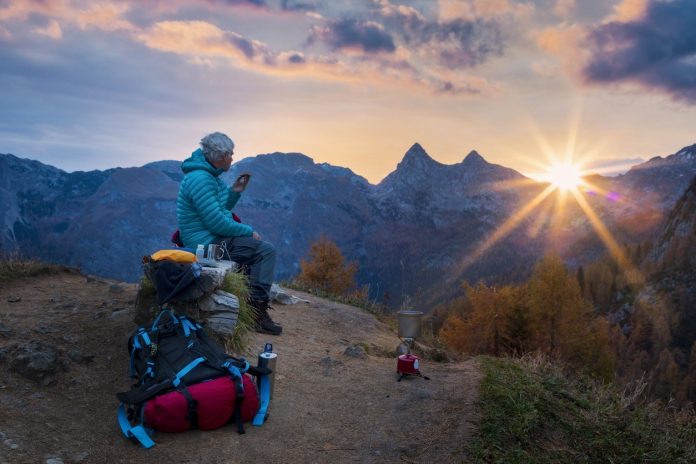
When it comes to disaster prep, one of the biggest challenges — where the questions never seem to end — is food supplies. It’s important to make sure you have enough in terms of quantity and calories, but also to have enough of the right kinds of foods.
What Foods Should You Stock Up On?
Start by thinking in terms of longevity. It doesn’t do you any good to pack a freezer full of food because you may lose power, and thus, your perishables, too. Instead, think in terms of canned and dried nonperishables — foods that naturally hold value longer.
- Nuts: Peanuts are at the top of the list because they are packed with protein and fats. They also stay fresh longer than most foods. However, other nuts have individual health benefits you might want to consider based on personal needs.
- Canned, Salted or Dried Meat: Note that it’s dangerous to can anything if you don’t know what you’re doing…meat in particular. But the old ways shouldn’t be forgotten. Meats can also take up a lot of storage space, so be sure to plan for proteins outside of them. You can buy canned meats in the store, right down to roast beef with gravy. Salted and dried meat is worth its weight in gold, potentially literally in a survival scenario.
- Beans and Rice: While you don’t need to eat them together, beans and rice both have long shelf lives, which means they’re ideal for the one-year survival food stash you’re should be trying to put together. (Note that one year is the general guideline most preppers go by when planning for a SHTF scenario.) We’re talking all kinds of beans, by the way, not just pintos. They are a great source of protein and healthy carbs your body needs.
- Powdered Milk: Unless you’ve got a dairy cow stashed in the bunker, you don’t have a consistent amount of fresh milk. Stock up on powdered milk for future use; you can even use it to make dairy products, such as cheese and yogurt.
- MREs (Meal Ready to Eat): If you happen to be able to get ahold of some MREs, don’t pass up the chance. These are the military survival standard and take up very little space. While they may not offer five-star meals, they are designed to give you everything you need to survive.
- Water: The most important thing to keep on hand is water. That’s because you not only drink it, but also use it rehydrate and cook foods. Having a full stash of bottled water is ideal, but making sure you know how to disinfect water from another water source is even better.
Remember when you’re prepping for a worst-case scenario, diet becomes even more important than usual. Without it, you risk improper development and even certain medical issues. For instance, planning for someone who has diabetes means including far fewer carbohydrates than if you were planning for feeding young, active children











